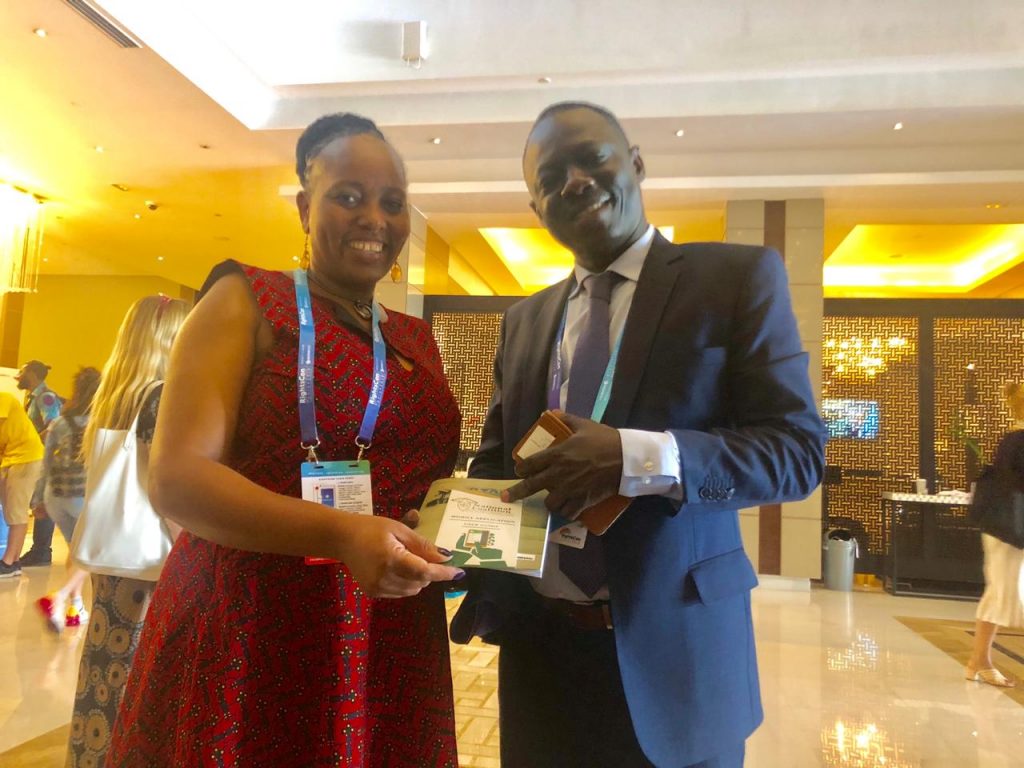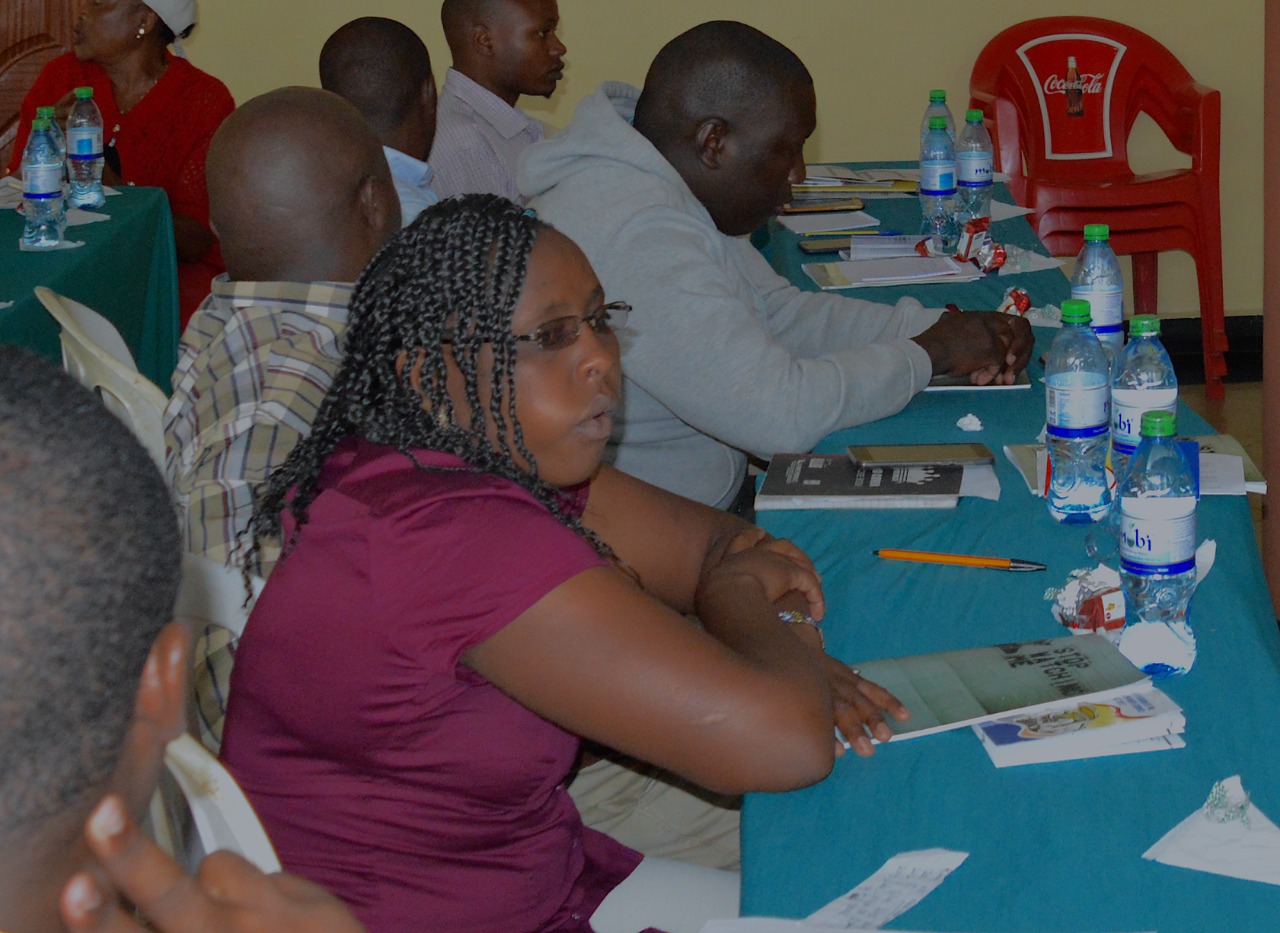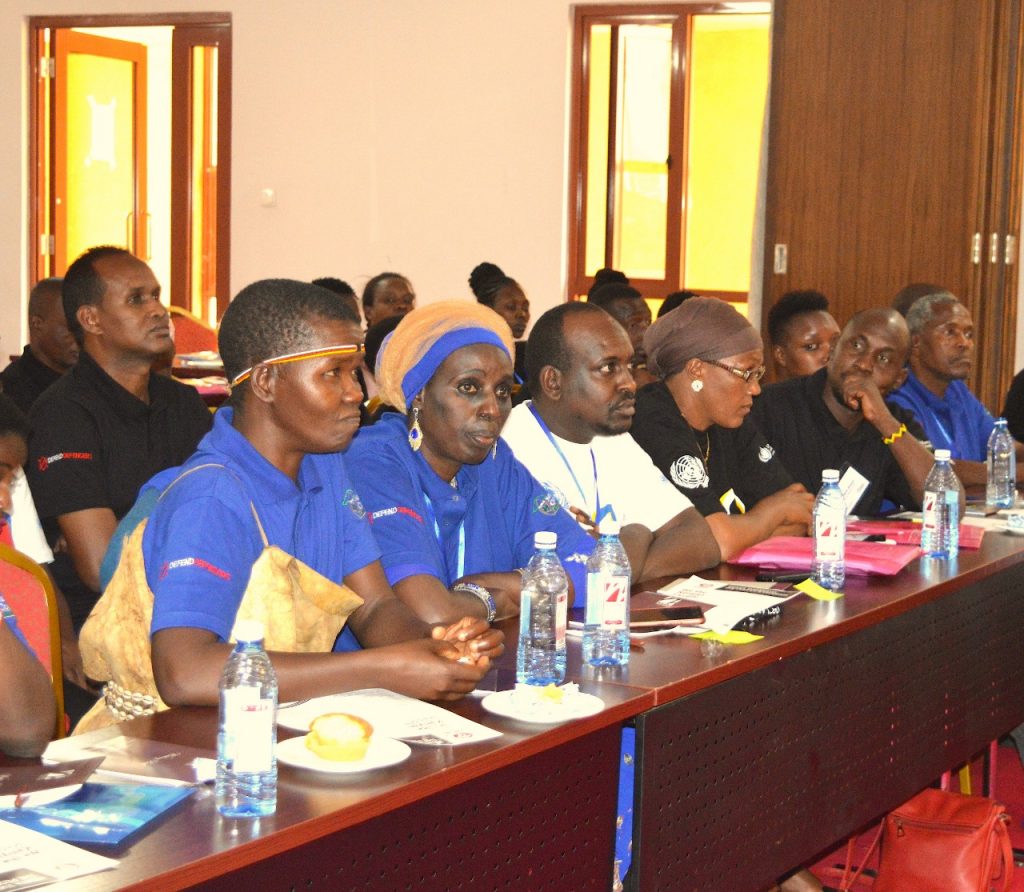The right to privacy is a fundamental right protected in law across the world including Kenya as stipulated in the Bill of Rights in the 2010 Constitution. It is essential to the protection of human dignity and serves as the foundation upon which many other rights are built. Privacy denotes “that area of individual autonomy in which human beings strive to achieve self realization … alone or together with others.”
Human rights work demands use of communication tools ranging from face-to-face, telephones and e-mails and short message services (SMS). All these provide varied degrees of risk, which are also specific to the work the HRDs are engaged in, as well as contexts. Numerous Kenyan HRDs have raised concerns about their mobile phones being tapped and their communication intercepted.

These experiences have implications for HRDs and, therefore, it is essential to ensure that HRDs are not the subject of unlawful surveillance practices and that they are able to do their work without fear of snooping by anyone.
This report analyses the needs, concerns and areas of interest for HRDs in relation to privacy, data protection and communications surveillance. It also establishes how surveillance impacts HRDs work and their role as actors of change in society. Examining the risk levels based on these specifics as well as finding the best-suited measures will be important for continued HRDs protection.

This survey set out to:
• Assess HRDs’ level of exposure, understanding, and perception of communication surveillance;
• Document HRDs’ current strategies for mitigating, perceived or actual communication
surveillance.
 HRDs attend a class on Right to Privacy during the 2018 Human Rights Defenders Academy.
HRDs attend a class on Right to Privacy during the 2018 Human Rights Defenders Academy. See the Fact Sheet of the Research here: https://defenderscoalition.org/wp-content/uploads/2019/08/A-Perception-Survey-on-Communication-Surveillance.pdf